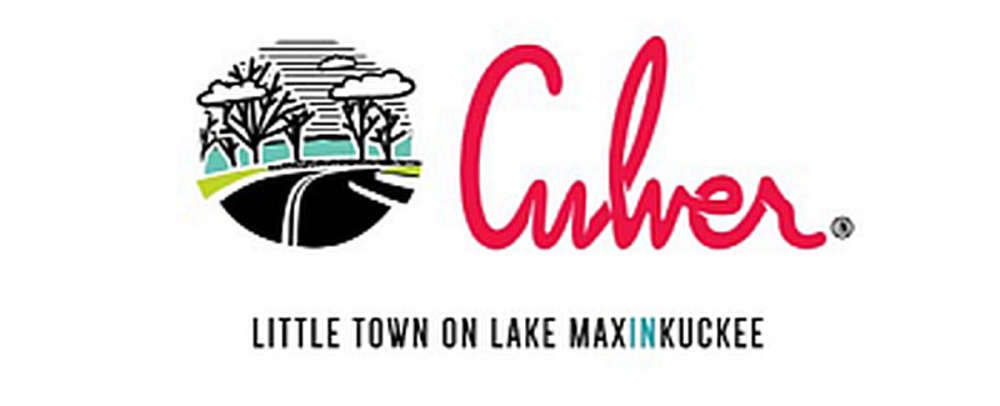
bbb-says-be-on-the-lookout-for-college-test-scams
The Better Business Bureau of Northern Indiana is warning parents about college test scams.
With the importance of SAT and ACT scores the BBB is issuing timely warnings about scammers trying to sell test prep materials.
The scam includes an unsolicited call from someone claiming to be with the College Board that is responsible for various tests such as PSAT, SAT and AP, or another educational organization. The caller will look to clarify your address to send test prep materials that your child is said to have requested at school.
Those who have been approached by the scammers have reported to the BBB that the caller even had their child’s name, phone number, school information and dates and times for the proper tests.
In these cases, the caller asks for a deposit for the materials. The claim is that the deposit will be refunded after the materials are returned. Unfortunately, if the scammer is successful, they have your deposit and credit card information and no materials are ever sent.
How to avoid test prep scams
Always be wary of unsolicited callers. If someone calls out of the blue asking for payment, always research their organization before you share personal information or agree to receive services or products. Look up the business they claim to represent at BBB.org. Search the name along with the words “scam” or “complaint” to find out if others had negative experiences. Check BBB Scam Tracker to see if anyone else has filed a report about the company.
Double check with your child. If scammers say they are calling because of a service your child requested, tell them you need to check with your child first and hang up. Make sure their claims are legitimate before you call back or accept a return call. Don’t send any money or make a payment if there is any doubt about the call. The same is true for emergency scams.
Understand the College Board’s practices. The College Board will never ask you for bank or credit card information over the phone or via email. If a caller suggests otherwise, hang up. Learn more about the College Board’s policies.
Use your credit card when possible. Credit cards may refund your money if they spot a fraudulent charge or if you report one in a timely manner. You may not be offered the same protection if you pay with your debit card or other payment options. Never agree to pay a stranger with a money wire, prepaid cards or digital wallet, such as Cash App or Venmo.


 Ray Allison named next executive director of the Indiana State Fair Commission
Ray Allison named next executive director of the Indiana State Fair Commission
 Plymouth Police ask public's help to find missing man
Plymouth Police ask public's help to find missing man
 INvestABLE Indiana announces expanded eligibility criteria beginning January 1
INvestABLE Indiana announces expanded eligibility criteria beginning January 1
 Governor Braun announces record year for Indiana tourism
Governor Braun announces record year for Indiana tourism
 Indiana's state parks offer New Years Day events
Indiana's state parks offer New Years Day events
 Culver Town Council to tour wastewater treatment plant
Culver Town Council to tour wastewater treatment plant
 Francesville and Medaryville receive OCRA grants
Francesville and Medaryville receive OCRA grants




